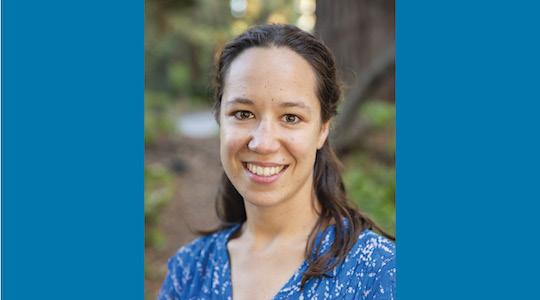Clotilde Cadart did her PhD at Institut Curie (Paris, 2013-2018) where she developed a new tool to measure single-cell volume and studied the mechanisms of cell size regulation in normal and cancer cells. To understand why cell size is important in a multicellular context, she moved to UC Berkeley (U.S.A., 2018-2023) and developed approaches in Xenopus embryos. She artificially altered the number of genome copies (ploidy) of Xenopus embryos and showed that triploid (3 genome copies) embryos are made of fewer, larger cells than diploid (2 genome copies) ones. She showed that this caused a reduction in whole-embryo energy expenditure.
With her team at Institut Cochin, Clotilde will investigate how ploidy, cell size, and energy expenditure are connected, from the cell scale to whole-organism scale. How does the energy expenditure of an organism result from the properties of its constituent cells and organs? How much energy does an egg need to grow and develop into a tadpole? How does a pathological change in an organ’s energy expenditure impact the whole organism metabolism? These fundamental questions are one of the most open and important challenge of biology to date. To begin answering them, Clotilde’s lab will develop quantitative approaches in vitro in cells and in vivo in Xenopus embryos.






